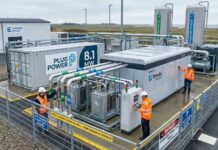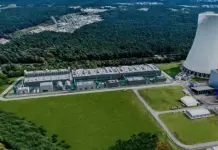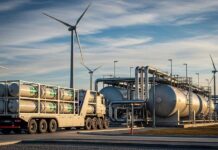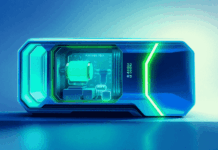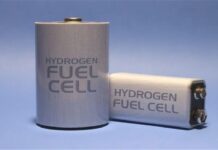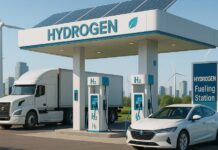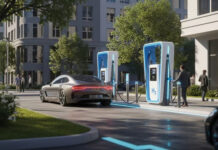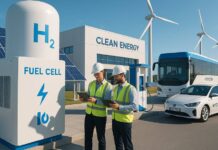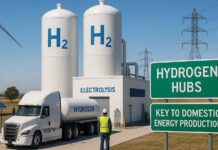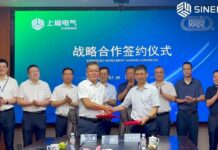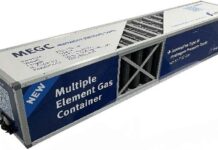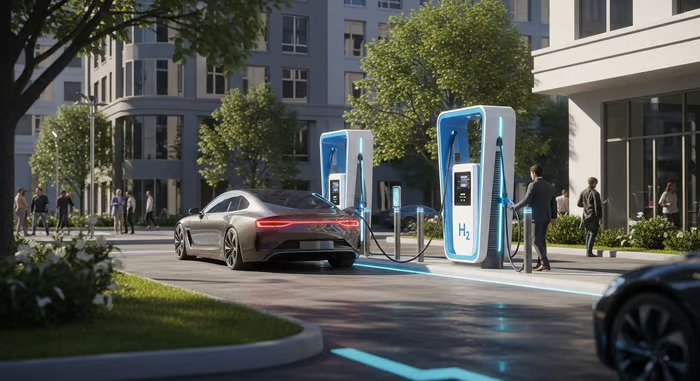This podcast explains how hydrogen fuel cells are transforming electric vehicle (EV) charging infrastructure by providing a clean, reliable, and flexible source of power that overcomes many constraints of conventional grid-based charging stations.
Listen to the Podcast:
Some of the major takeaways about the transformation of EV charging through hydrogen fuel cells are:
-
Overcoming grid limitations
Hydrogen fuel cells generate electricity on-site from hydrogen and oxygen, with water vapour being the only byproduct. This is a form of decentralized electricity that relieves pressure on the main grid, which is frequently maximized during EV charging peaks. This does not readily reach areas that are remote or dense in population.
-
Faster and more reliable charging
Since fuel cells provide a steady, strong supply of electricity, they allow faster charging speeds and reduce waiting time for drivers. The consistency is vital for mass EV uptake, particularly at busy stations or where the grid is difficult to upgrade. This will lead to the transformation of EV charging.
-
Benefits to the environment
Hydrogen fuel cells are emission-free, releasing only heat and water. Powered by hydrogen that has been generated from renewable energy, they provide an end-to-end green solution compliant with the world’s sustainability aspirations.
-
Scalability and flexibility
Fuel cell stations can be built in grid-remote areas such as rural highways or small towns to increase the number of EV charging stations. The compact design of hydrogen fuel cells stations and due to their low maintenance requirements, it can be installed in any location.
-
Real-World deployments
Japan, Germany, and the Netherlands have been preparing to invest in hydrogen-powered electric vehicle charging stations. This investment will assist the governments in meeting ambitious renewable energy targets.
-
Overcoming challenges
Costs associated with hydrogen generation and distribution, as well as safety considerations, are major challenges. Solutions involve producing hydrogen locally using solar or wind power to reduce transport expenses and increasing public awareness through education and demonstrated safety records.
Finally, the podcast explains that hydrogen fuel cells are a promising approach leading to the transformation of EV charging infrastructure. Hydrogen fuel cells will reduce grid pressures, allowing for faster charging and leading to sustainability. Hydrogen fuel cells will play a critical role in the future of clean and cheap transportation, with increasing investments and development of technology.
Download Podcast:
You can download the podcast directly
Additional Resources:
For more details on Hydrogen Fuel Cells: Revolutionizing EV Charging, check out the original article:
Transforming EV Charging Infra with Hydrogen Fuel Cells by Hydrogen Informs.


